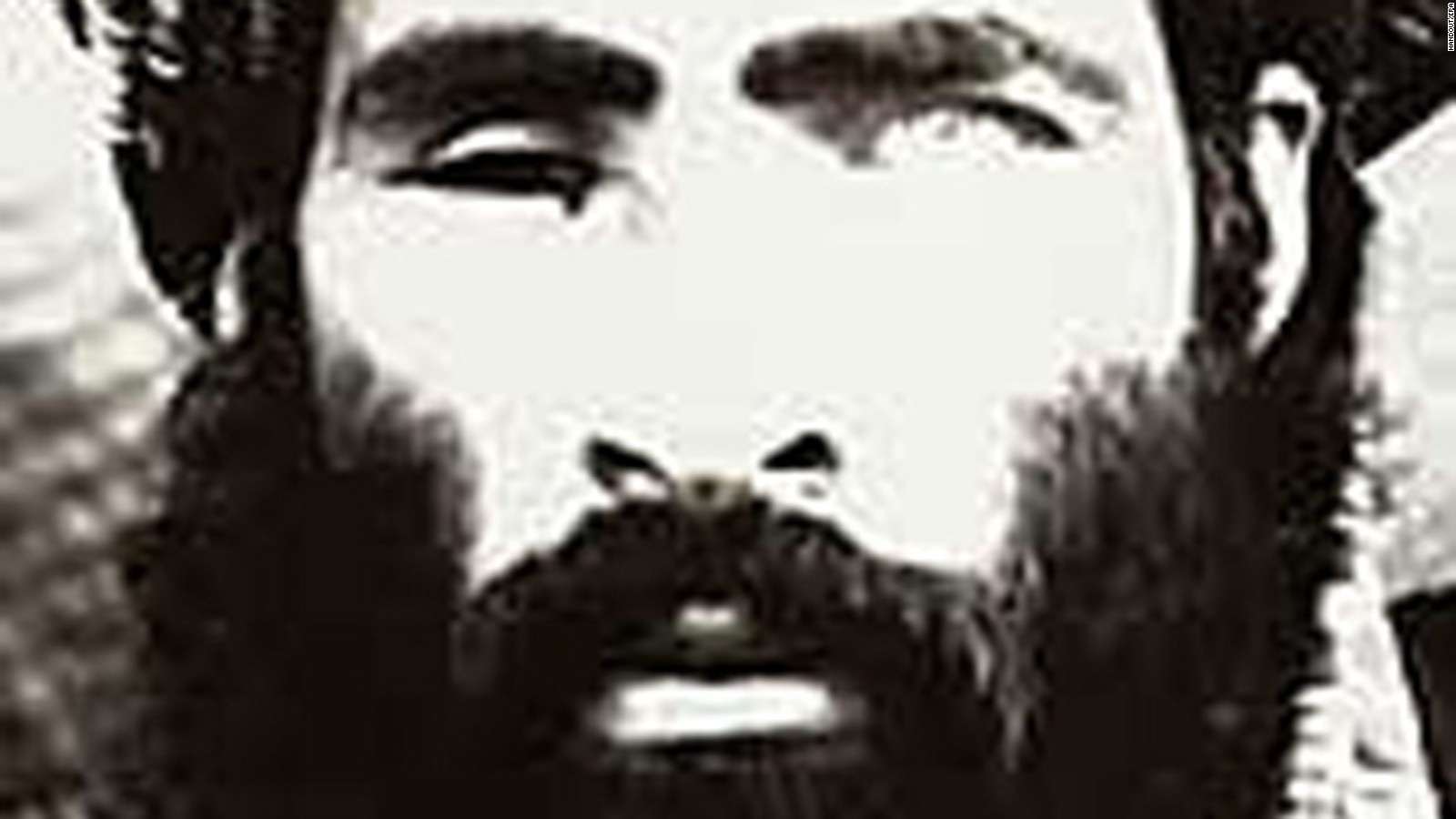 CNN)[Breaking news update, posted at 12:12 p.m. ET]
CNN)[Breaking news update, posted at 12:12 p.m. ET]
Taliban
leader Mullah Mohammed Omar died in April 2013 in Pakistan, a
spokesperson for Afghanistan President Ashraf Ghani said Wednesday in a
news release, citing "credible information."
"The
government of Afghanistan believes that grounds for the Afghan peace
talks are more paved now than before, and thus calls on all armed
opposition groups to seize the opportunity and join the peace process,"
the statement reads.
[Original story, published at 11:53 a.m. ET]
Taliban
leader Mullah Mohammed Omar died more than two years ago in a hospital
in Pakistan of an unknown illness, a senior Afghan intelligence agency
official told CNN on condition of anonymity Wednesday.
Separately, an adviser to the country's chief executive said Mullah Omar is believed to be dead.
"All
odds and indications point to the fact that he has been dead for at
least two years," said Omar Samad, senior adviser to Afghan Chief
Executive Abdullah Abdullah.
The intelligence official described Mullah Omar as having happened 28 months ago in a hospital in Karachi, Pakistan.
Wednesday's
comments came after the BBC and the Wall Street Journal reported
earlier in the day that unnamed sources in Afghanistan were saying the
reclusive Islamist militant leader was dead.
Omar's
death has long been rumored, yet always dismissed by the Taliban. Twice
in 2011, the Taliban denied speculation that he had been killed.
Earlier
this year, the Taliban published a "biography" of the reclusive Afghan
leader, saying he was still in charge. The piece appeared on a Taliban
website. The goal of the biography, experts said, was to dispel rumors
that he died, possibly years ago.
And
just two weeks ago, the Taliban released a statement attributed to
Omar, saying he backed peace talks between the Taliban and the Afghan
government.
Leaders of deadliest terrorist groups 7 photos
Omar,
once a rural Islamic cleric, created the Taliban -- the plural of the
Pashto word for student -- in the 1990s in the wake of the Soviet
Union's withdrawal from the country, aiming to impose Islamic law on
Afghanistan and remove foreign influence from the country. The Taliban
eventually swept across the nation.
With
most of the country under Taliban control, he set himself the goal of
transforming Afghanistan into the purest Islamic state in the world,
declaring himself Amir-ul-Momineen, or head of the Muslims.
He
was Afghanistan's de facto leader from 1996 until late 2001, when a
U.S.-led coalition invaded and booted the Taliban from power for
refusing to hand over Osama bin Laden after the 9/11 terror attacks.
That
led to a Taliban insurgency that continues to this day, even as U.S.
and other NATO troops are drawing down their numbers in Afghanistan.
The
U.S. combat mission in Afghanistan ended last year, leaving the Afghan
military to lead the fight against the Taliban. The thousands of NATO
troops that remain in Afghanistan are there in a training and support
role.
The U.S. government offered a reward of up to $10 million for information leading to Omar's capture.

No comments:
Post a Comment